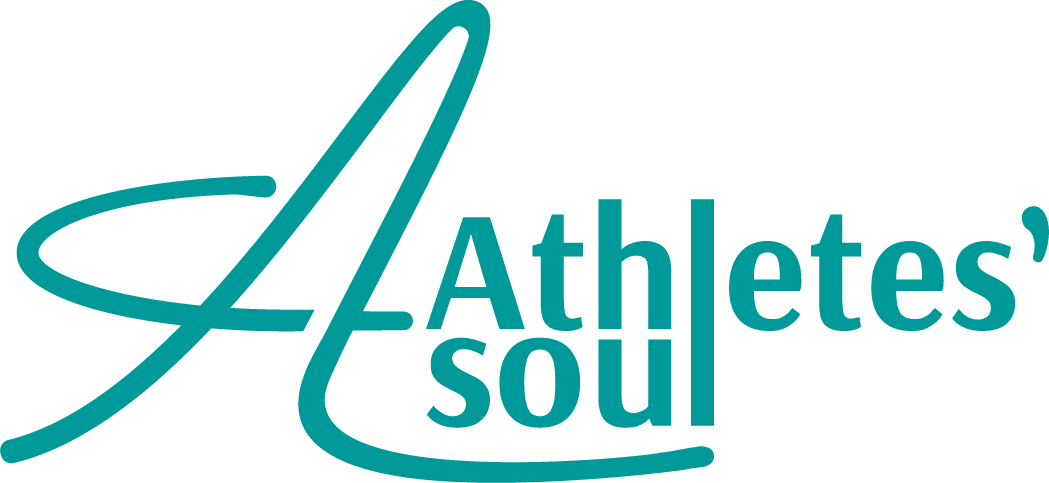
Mental Wellness
Mindset, Identity & Mindfulness
Identity, Life Purpose, and Values
In these two webinars, Success Coach and therapist Erika Fay helps uncover your values and interests through a series of exercises. She explains that our thoughts drive our feelings and actions and eventually our results. So if you want to improve your life, results and performance, you have to understand and align who you are and what you want with your thoughts and actions. In the second webinar, she shares some great tips to successful relationships and ties it all back to your values and how to live an authentic life, one in alignment with these values. Two very refreshing and inspiring webinars allowing you to sit back, take time to reflect on yourself and understand how to make the best of your relationships.
Finding Joy as a Competitive Athlete
Coach Lee Povey talks to Athletes Soul interns about emotional health and its impact on your happiness as an elite athlete.
This is a super interesting conversation about understanding your emotions and strategies to allow yourself the time and space to feel and process them. Lee also touches on how to celebrate your daily wins and techniques to focus on the present moment.
Mindfulness-Based Performance and Health Optimization
Ford Dyke, professor at Auburn University, performance coach, Team USA handball player, utilizes an integrative approach to performance, health, and well-being through evidence-based techniques applied to elite athletes and high-profile performers. In this webinar about mindfulness, he alternates between meditation moments and providing scientific background on mindfulness and its benefits to our health and performance.
How to Cultivate Loving Relationship with Self, Family, and Friends
Growth Mindset and Character Development
Retired fighter pilot and doctor in positive and applied Sport Psychology, Edward "Ned" Linch talks about the seasons of growth. Ed’s metaphors illustrate the process of growth and provides useful tools to develop a love of learning, long-term resilience and the ability to thrive in challenging situations. He also outlines the importance of knowing one's character strength to boost intrinsic motivation and build high performance teams using each individual player's strengths.
Mental Health
Olympic Blues Webinar Part 1
English Sport Psychologist Karen Howells and Licensed therapist and Coach Erika Fay led the discussion in this webinar. Karen's research is focused on the Olympic Blues.
During this discussion, they talk about the Olympic Blues, what it is and why Olympic athletes are at risk post-Games. An interesting discussion for athletes but also for their support system (family and friends) who will likely be the ones to witness the low point after the Olympic Games.
Mentally Adapting to Exercise, Nutrition and Body post-sports
In this webinar, counsellor Kelsey Ruffing speaks about the mental adjustments you need to make after athletic retirement. She insists on the importance of practicing gratitude and acceptance to accept your new lifestyle, your body changes and the different needs your body has post-sports. She also covers identity and how your exercise, nutrition and body are closely link to your athletic identity.
Emotional Recovery After Injury
Former soccer player and Licensed Counsellor, Kelsey Ruffing dives into the psychological challenges associated with an athletic injury. She describes the emotional responses and mental illnesses that may arise and provides tools on how to better cope with uncertainty, anxiety, depression and the pressure to return to play. She insists on the importance of staying in the present moment, relying on your social support and seeking clinical help as needed.
Pivoting to Life After Sports and Associated Emotions
Licensed therapists and Athletes Soul transition coaches Erika Fay and Sammy Jo Diffendaffer talk about the grieving process, ambiguous loss and the emotional challenges athletes face when retiring from sports. They insist on the importance of allowing yourself to feel and process the emotions associated with the loss of your sports (anger, sadness, frustration...). They also share how challenging this time can be for spouses, partners and parents of athletes but also how they can be the ones who diffuse the situation by opening line of communication to talk about the transition.
Mental Health 101 and Prevention
Betsy Cutler and Geoff Cushner outline what the overall athlete mental well-being and the difference between mental well-being and mental and athletic performance, signs and symptoms of specific illnesses such as trauma and depression. Betsy also presents the Athlete Mental health LINK app which is a tool to educate athletes and coaches, promote overall well-being and also provide crisis prevention tools accessible from your phone.
Dealing with Anxiety and Uncertainty
Former professional Rugby player Marc Stcherbina shares his tips on how to better deal with anxiety and uncertainty using his life story as the example. Marc Stcherbina broke his neck on the playing field ending a 12 year professional rugby career. Using that personal experience, he talks about how he left at that time and what he learnt. He talks about staying in the moment, confiding and practicing gratitude and kindness on a regular basis.
Need Help?
It’s important to get help if you or someone you know is going through a crisis or thinking about suicide. You’re not alone. Below you will find more information about the resources available to you.
Help is available if you need to talk and you:
are not feeling yourself
are experiencing a crisis
have emotional pain
have thoughts of suicide
know someone who needs help
HELP LINE NUMBERS - USA
Immediate Medical Assistance - 911
National Hopeline Network - 1-800-784-2433
Suicide Prevention Line - 800-273-8255 or text ANSWER to 839863
Teen Hope Line - 1-800-394-HOPE
S.A.F.E. (Self Abuse Finally Ends) - 1-800-DONT-CUT
Eating Disorders Awareness and Prevention - 1-800-931-2237
In an emergency, visit your local hospital’s emergency department. Full list of hotlines here.
